Patient Zero and the Making of the AIDS Epidemic
RICHARD A. MCKAY
The University of Chicago Press
CHICAGO & LONDON
The University of Chicago Press, Chicago 60637
The University of Chicago Press, Ltd., London
2017 by The University of Chicago
All rights reserved. No part of this book may be used or reproduced in any manner whatsoever without written permission, except in the case of brief quotations in critical articles and reviews. For more information, contact the University of Chicago Press, 1427 E. 60th St., Chicago, IL 60637.
Published 2017
Printed in the United States of America
26 25 24 23 22 21 20 19 18 17 1 2 3 4 5
ISBN-13: 978-0-226-06381-2 (cloth)
ISBN-13: 978-0-226-06395-9 (paper)
ISBN-13: 978-0-226-06400-0 (e-book)
DOI: 10.7208/chicago/9780226064000.001.0001
Bill Russells Epitaph for the Sexual Revolution is reprinted with permission from Samuel French, Inc.
Portions of the research presented in this book first appeared in Richard A. McKay, Patient Zero: The Absence of a Patients View of the Early North American AIDS Epidemic, Bulletin of the History of Medicine 88, no. 1 (Spring 2014): 16194, 2014 The Johns Hopkins University Press.
Interviews listed in the appendix are from Richard A. McKay, 2007 and 2008, Imagining Patient Zero: Interviews about the History of the North American AIDS Epidemic, Richard A. McKay and The British Library, Reference C1491.
Library of Congress Cataloging-in-Publication Data
Names: McKay, Richard Andrew, 1978 author.
Title: Patient zero and the making of the AIDS epidemic / Richard A. McKay.
Description: Chicago : The University of Chicago Press, 2017. | Includes bibliographical references and index.
Identifiers: LCCN 2017018054 | ISBN 9780226063812 (cloth : alk. paper) | ISBN 9780226063959 (pbk. : alk. paper) | ISBN 9780226064000 (e-book)
Subjects: LCSH: aids (Disease)North AmericaHistory. | EpidemicsNorth America. | AIDS (Disease)North AmericaHistoriography. | Dugas, Gatan, 19521984. | AIDS (Disease)Patients.
Classification: LCC RA643.86.N7 M46 2017 | DDC 362.19697/920097dc23
LC record available at https://lccn.loc.gov/2017018054
 This paper meets the requirements of ANSI/NISO Z39.481992 (Permanence of Paper).
This paper meets the requirements of ANSI/NISO Z39.481992 (Permanence of Paper).
whats your name
whats your sign
whats your disease
i saw you standing there
pretty as you please
and couldnt help wondering
which of these
afflicts you:
sores around the mouth
or further south
swelling of the joints
or other points
lesions or lumps
blisters or bumps
or feeling generally queasy
from being too easy
seems everyone has something
and is avoiding something more
from the saints among us
to those who are hor
monally imbalanced
and cant get enough
of that funky stuff
im not casting aspersions
or condemning diversions
just a prudent inspection
to compare your infection
with mine
im in no position
to judge your condition
or condemn you
and call you a sleaze
but before were encased
in something debased
please tell me
whats your disease
Bill Russell, Epitaph for the Sexual Revolution, Christopher Street, December 1982
Contents
I am greatly indebted to my funding agencies, without whose financial support this work would not have been possible. These include the J. Armand Bombardier Foundation for an Internationalist Fellowship and the Wellcome Trust for a masters studentshipboth of which supported the early stages of this research. The bulk of the project was made possible with a generous award from the Wellcome Trust (080651) and support from the University of Oxfords Clarendon Fund. Travel awards from Green Templeton College, the American Association for the History of Medicine, and the Canadian Society for the History of Medicine also helped enable me to visit North America for research trips and conferences. In addition, research fellowships from the Economic and Social Research Council (PTA-026272838) and the Wellcome Trust (098705) provided opportunities for further research and writing.
For their early support and enthusiasm, I owe a great debt to Gareth Davies and Sloan Mahone. Their thoughtful questions and insightful feedback have improved this book immeasurably. At times when matters appeared particularly bleak, their encouragement made all the difference. Also heartening were discussions with Allan Brandt, Dorothy Porter, George Rousseau, Judith Leavitt, Virginia Berridge, Margaret Pelling, Pietro Corsi, Jason Szabo, Jacalyn Duffin, Naomi Rogers, and John Harley Warner. For their wonderful early teaching that helped put me on this path, I will always be grateful to Betty Anne Rivers Wang and the late Jerry Falk in South Surrey, British Columbia.
I would like to recognize the generous time and effort put in by each of my interviewees, whose trust and heartfelt reminiscences have enriched my work tremendously. I hope that I have succeeded in representing their views accurately and, where our interpretations have diverged, handled this with fairness and tact. I would like to thank Bill Darrow, Jean Robert, Joseph Sonnabend, Michael Brown, and Ray Redford for allowing me to consult copies of documents in their personal collections, and the siblings of Gatan Dugas for granting me permission to quote from their brothers correspondence. I must also thank the archivists and staff at the following archives and libraries for their time, patience, and assistance: Archives gaies de Qubec; Bibliothque et Archives nationales du Qubec; the British Columbia Gay and Lesbian Archives (BCGLA); the Canadian Lesbian and Gay Archives (CLGA); Columbia Universitys Center for Oral History Archives; the Gay, Lesbian, Bisexual, Transgender Historical Society; the John Hay Library; Library and Archives Canada; the Lesbian, Gay, Bisexual and Transgender Community Center National History Archive; the National Library of Medicine; the New York Public Library; ONE National Gay and Lesbian Archives at the USC [University of Southern California] Libraries; the Parish of Notre-Dame-de-LAnnonciation, Ancienne-Lorette; Ronald Reagan Presidential Library; San Francisco Public Library (SFPL); Sir James Dunn Law Library; the Toronto International Film Festival Groups Film Reference Library; and the University of CaliforniaSan Francisco (UCSF) Library and Center for Knowledge Management, Archives and Special Collections Division. Special mention must go to Alan Miller at CLGA; Josu Hurtado, formerly of UCSF; Ron Dutton at BCGLA; and Tim Wilson at SFPL for their exceptionally high level of assistance, as well as to the dedicated volunteer staff members at LGBT archives across North America, whose commitment to preserving and sharing records of the past are fundamentally important for historical endeavors like this one.
My time at Oxford would not have been the same without the wonderful people at the Wellcome Unit (particularly Carol Brady and Belinda Michaelides) and at Greenand later Green TempletonCollege. I cannot imagine better-suited environments for carrying out several years of research and reflectionparticularly when fueled by the tremendous food and interdisciplinary collegiality of Greens legendary lunchesand I will always feel fortunate to have lived and studied there. Out of this incredibly stimulating and welcoming community, a special thank-you is due to Pat Markus and her late husband Andrew for their ongoing guidance, support, and warm friendship. Mark Harrison and John Howard generously helped shape this book with their careful readings of an earlier iteration, as did two anonymous reviewers for the University of Chicago Press.

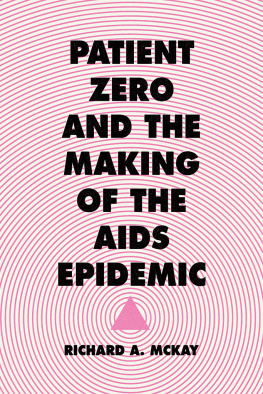

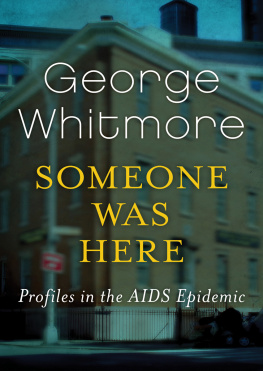
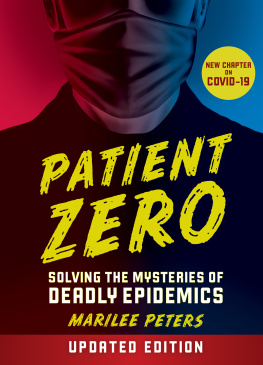
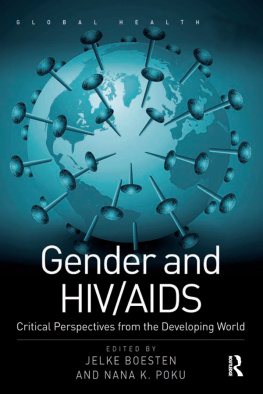
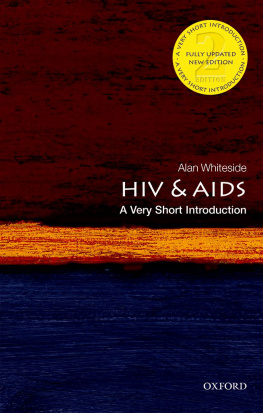
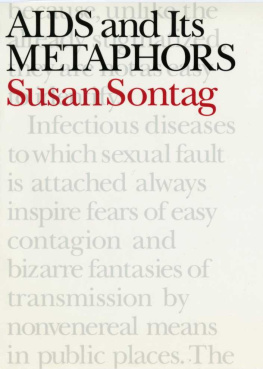
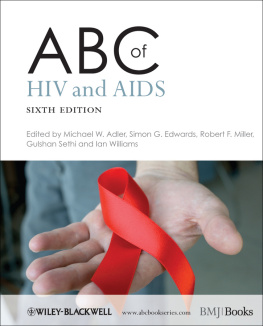
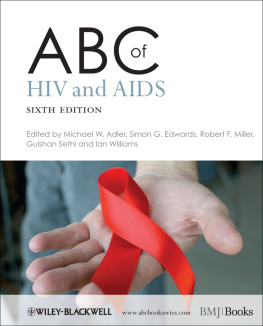
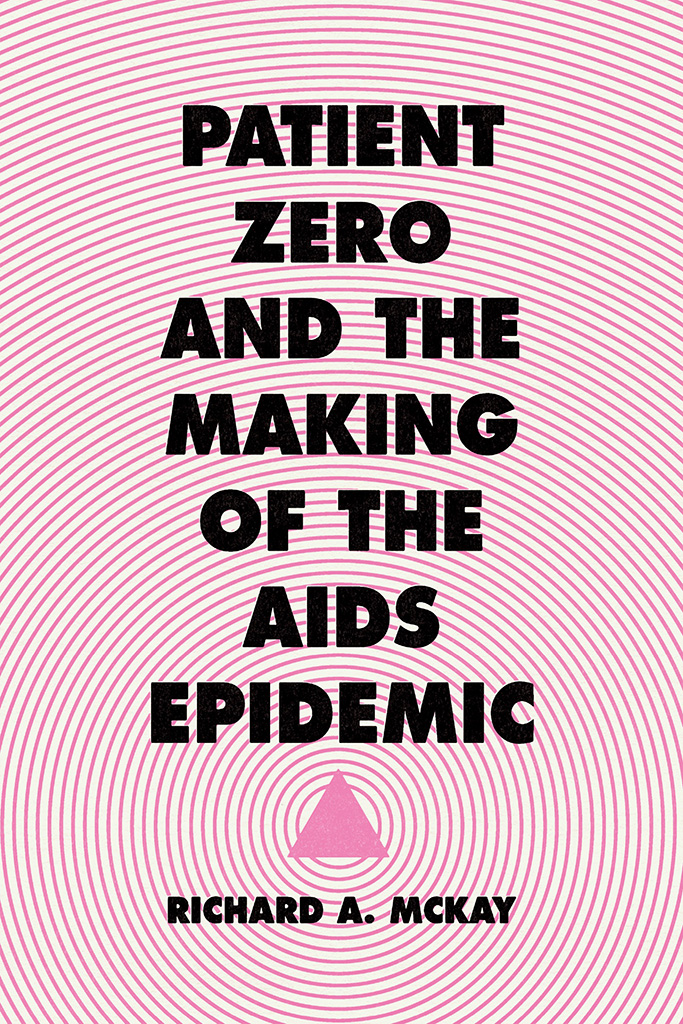
 This paper meets the requirements of ANSI/NISO Z39.481992 (Permanence of Paper).
This paper meets the requirements of ANSI/NISO Z39.481992 (Permanence of Paper).